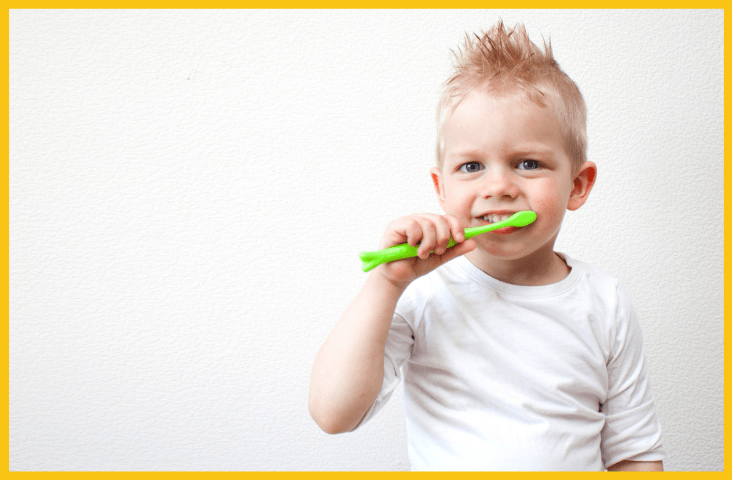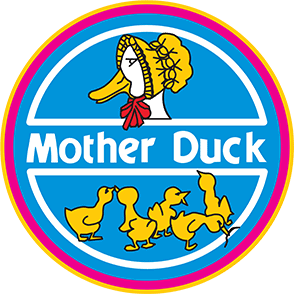
Five Top Tips for Children’s Dental Health
While not strictly nutrition, the health of our children’s teeth is so closely linked with food that I thought it was worth exploring. We all strive to feed our children a nutritious diet, but it can be confusing to then hear that foods like dried fruit can be a problem for teeth.
I am not an expert in dental health, so I have asked for advice from someone who is. Sue Berry has over 20 years experience looking after children’s teeth as an Oral Health Therapist, and currently works at Medland Dental Centre in Annerley. Here are her top tips for keeping our children’s pearly whites healthy.
- Drink tap water. The water supply in Brisbane has fluoride added to it. This naturally occurring mineral helps tooth enamel to regain the minerals it loses as a result of eating and drinking. This assists in preventing decay and strengthening teeth. Check out the link in the More Information section to read about the benefits of fluoride.
- Try to limit how often your children eat. Every time we eat, our teeth are bathed in food acids and sugars – it then takes 40 minutes for our saliva to neutralise the acids. If we graze and eat hourly, then our teeth will be under acid attack for more time than they are being repaired. Thus we’ll be much more likely to have cavities form. The Australian Dental Association recommends a maximum of five meals or snacks per day, for example, three main meals and a mid-morning and mid-afternoon snack.
- Of course, it’s best to avoid sweet drinks and snacks – this includes fruit juice. However, if you are giving kids a treat, it’s best to have it with a meal because the teeth are already under attack at that time. It’s worth remembering that starch from foods such as crackers and chips can also stick to teeth and then break down into sugar, so it’s not just sweet foods that can cause problems.
- Try to avoid giving babies and young children a bottle to fall asleep with. Breastfeeding is the best option; however, if you are bottle-feeding try to remove the bottle once your child has drunk their fill. Don’t offer anything in a bottle but formula, milk or water, and aim to introduce a cup from 6 months and discontinue the bottle from around 12 months. (I do realise this is much easier said than done, but it is worth persevering.)
- Help your children to brush their teeth twice daily until they are ten years old. This is longer than many of us would expect, however, our children are still growing and developing their fine motor skills until then. Teachers don’t make younger children write in fine lines for this reason, so we can’t expect them to be effective at cleaning their teeth. The same goes for flossing, which should start as soon as children have two teeth touching each other. Aim to floss daily, with help from an adult until the age of ten.
I personally found this information from Sue really useful. It has helped me to change the focus on my own children’s dental health. Previously I’ve thought mainly about the type of foods we chose, but I can see now that the number of times we actually eat something is so important. For many of us, this will be more of an issue at home than at childcare and school where the meal and snack times are more controlled.
If your house is like mine, teeth-cleaning time is not very popular. You can try an egg timer to help with the recommended two-minute brushing time, or possibly find a fun two-minute song to play to make the routine more fun. One way to emphasise the importance of tooth health is by visiting the dentist. Children should start having regular dental check-ups early, as soon as our babies have teeth breaking through their gums. As well as ensuring teeth are developing properly, this helps children to become comfortable in the dental setting. Chairs that go up and down are always fun!

I’ve included links below with more info on dental health for children. I’ve also listed a link to the non-nutritional topic of what to do if your child ever has a tooth knocked out. I do hope you’ll never need this information, and that this month’s newsletter helps your children all grow up with beautiful pearly-white smiles.
For more information
- For more toddler tooth-care information
- For more tooth-care information for your baby’s first teeth
- What to do if a tooth is knocked out
- Information about the benefits of fluoride
©Fiona Hinton 2021
MEDICAL DISCLAIMER: Please note that this blog is for general information only, and should not be taken as a substitute for qualified medical advice. Please discuss medical issues with your child’s doctor before taking any action.
About Fiona: Fiona Hinton is a dietitian, but describes herself as a nutrition translator, taking the science of nutrition and translating it into foods we love to eat, to nourish both body and soul. She has over 20 years of experience as a dietitian, working in a wide range of areas from hospital wards to running her own private practice. Fiona has a special interest in children’s nutrition. As a mum of three school-age boys, she has first-hand experience of the issues associated with feeding young children, such as weaning and fussiness. Fiona specialises in real-life strategies and practical suggestions to convert nutrition advice into food kids will eat. Fiona has collaborated on several books, including one with best-selling children’s food writer Annabel Karmel, as well as training childcare staff in children’s nutrition.




